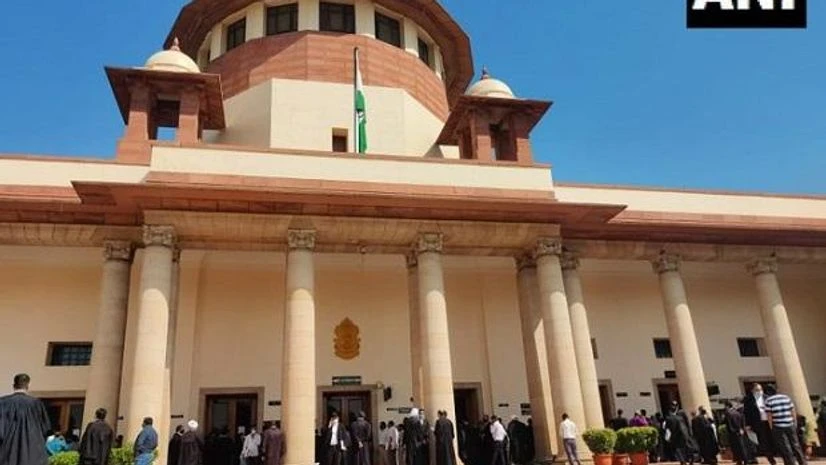The Supreme Court on Tuesday said that the adjudicating authority (NCLT) and appellant authority (NCLAT) under the Insolvency and Bankruptcy Code (IBC) cannot compel parties to settle a dispute.
A bench of Justices D.Y. Chandrachud and A.S. Bopanna said: "The adjudicating authority is empowered only to verify whether a default has occurred or if a default has not occurred. Based upon its decision, the adjudicating authority must then either admit or reject an application respectively. These are the only two courses of action which are open to the adjudicating authority in accordance with Section 7(5). The adjudicating authority cannot compel a party to the proceedings before it to settle a dispute."
The bench added that settlements have to be encouraged because the ultimate purpose of the IBC is to facilitate the continuance and rehabilitation of a corporate debtor, as distinct from allowing it to go into liquidation.
It added that the adjudicating authority and appellate authority, however, have proceeded to do in the present case is to abdicate their jurisdiction to decide a petition under Section 7 by directing the respondent to settle the remaining claims within three months and leaving it open to the original petitioners, who are aggrieved by the settlement process, to move fresh proceedings in accordance with law.
"Such a course of action is not contemplated by the IBC. The IBC is a complete code in itself. The adjudicating authority and the appellate authority are creatures of the statute. Their jurisdiction is statutorily conferred. The statute which confers jurisdiction also structures, channelises and circumscribes the ambit of such jurisdiction. Thus, while the adjudicating authority and appellate authority can encourage settlements, they cannot direct them by acting as courts of equity," it said.
The primary question was whether the National Company Law Tribunal, under Section 7, was correct in simply dismissing the petition finding that corporate debtor has initiated the process of settlement with the financial creditors.
The top court set aside the orders passed by the NCLT and the National Company Law Appellate Tribunal dismissing a petition filed under Section 7 of the IBC for initiating the Corporate Insolvency Resolution Process (CIRP) in a case.
More From This Section
The genesis of the case arises from a master agreement to sell which was entered into between the respondent, IDBI Trusteeship Ltd and Karvy Realty (India) Ltd on June 22, 2014, in order to raise an amount of Rs 50 crore for the development of 100 acres of agricultural land.
In 2019, a number of appellants filed a Section 7 application before the NCLT, Bengaluru due to the respondent's default in making the repayment of over Rs 33 crore. The NCLT, in February 2020, disposed of the petition after noting that both parties had filed joint consent terms. However, not all the petitioners had given their consent on the settlement.
The tribunal directed the respondent to settle the matter within three months and allowed the original petitioners to approach it if they are still aggrieved. The petitioners moved the NCLAT, which supported the NCLT's view.
The petitioners moved the top court challenging this order.
The top court reinstated the Section 7 petition before the NCLT for fresh disposal.
--IANS
ss/vd
(Only the headline and picture of this report may have been reworked by the Business Standard staff; the rest of the content is auto-generated from a syndicated feed.)

)
